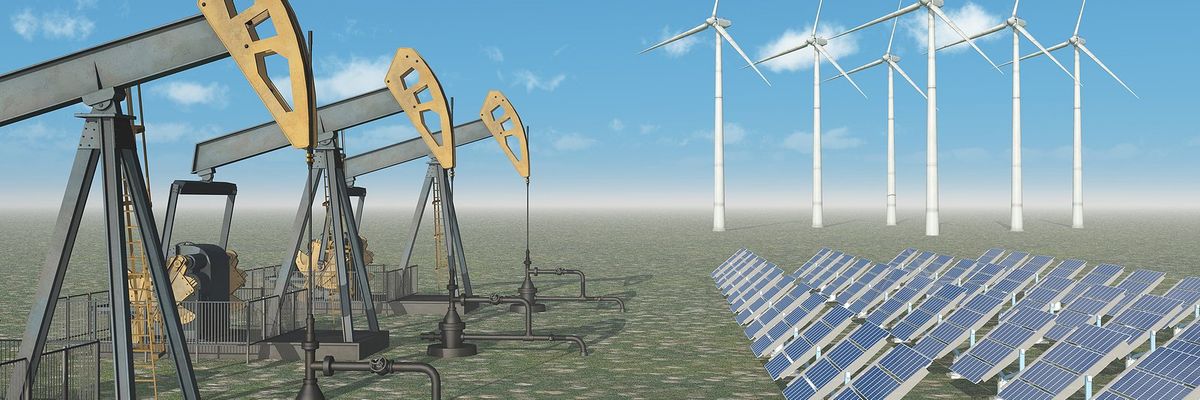carbon emissions
New calculator shows exactly how much environmental damage is behind your internet searches
The internet is responsible for 3.7 per cent of global carbon emissions, outpacing air travel. If the internet were a country, it would be the fourth-largest polluter in the world.
The carbon cost of your burger: How much would a meat tax cost the average EU household?
Reversing climate policies under Trump could lead to severe environmental damage
A new study finds that if Donald Trump implements the rightwing Project 2025 climate policies, the U.S. will see a massive increase in carbon emissions, job losses and economic setbacks.
In short:
- Project 2025 would add 2.7 billion tons of carbon emissions by 2030, harming U.S. climate goals.
- The plan could eliminate 1.7 million clean energy jobs and cut $320 billion from the GDP.
- Environmental protections, such as the National Oceanic and Atmospheric Administration, could be dismantled.
Key quote:
"These future policy pathways result in stark differences for our health, our pocketbooks, the economy and climate."
— Anand Gopal, executive director of policy research at the nonpartisan thinktank Energy Innovation
Why this matters:
Rolling back climate protections will drastically increase emissions and economic instability. With climate change already impacting daily life, policies that reverse progress could exacerbate global environmental challenges.
Related:
California startup launches innovative cement technology to cut carbon emissions
California startup Fortera has developed a groundbreaking technology that captures and recycles carbon emissions from cement production, launching its first commercial application at a major facility in Redding.
In short:
- Fortera, a California-based startup, has developed a new technology that captures carbon emissions during cement production and reincorporates them into the process, potentially reducing the industry's significant carbon footprint.
- The technology will be implemented at a CalPortland facility in Redding, California, marking its first large-scale commercial application.
- Initial production will blend the new low-carbon product with traditional materials, aiming for a 10% carbon reduction, with aspirations to increase this significantly over time.
Key quote:
"Our target is about being a ubiquitous solution that can work really at any plant."
— Ryan Gilliam, CEO of Fortera
Why this matters:
Cement production is a major source of global carbon dioxide emissions, integral to building modern infrastructure but environmentally problematic. Current efforts to reduce the carbon footprint of cement production include improving energy efficiency, using alternative fuels like waste and biomass, and developing innovative materials that can replace traditional cement.
Ramped-up US construction exposes workers to an unregulated toxic.
Trawling boats are hauling up ancient carbon from the ocean depths
U.S. carbon emissions fell in 2023 as coal use tumbled to new lows
Opinion: The climate costs of war and militaries can no longer be ignored
More than 5% of global emissions are linked to conflict or militaries but countries continue to hide the true scale.











